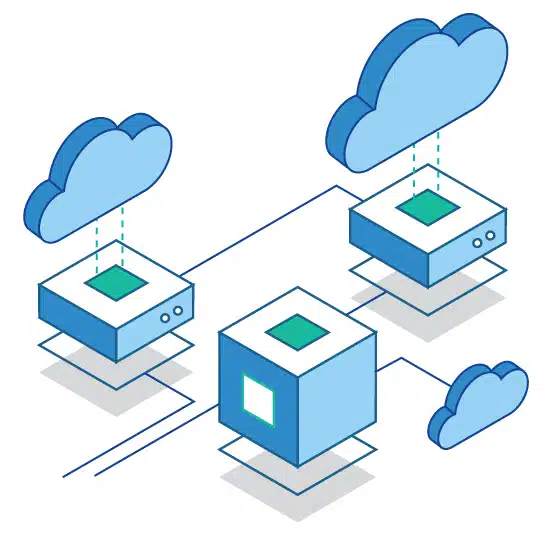
Are you struggling to consolidate your on prem datacenter? VPSie power orchestration engine can be yours as a white label deployment option. Take advantage of all what VPSie has to offer and run it in your own Datacenter. Talk to an expert today…

Are you struggling to consolidate your on prem datacenter? VPSie power orchestration engine can be yours as a white label deployment option. Take advantage of all what VPSie has to offer and run it in your own Datacenter. Talk to an expert today…


The First 1 orders gets free discount today! Try Sign up on VPSie to get a chance to get the discount.